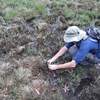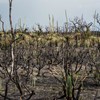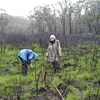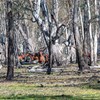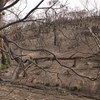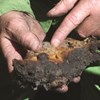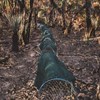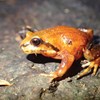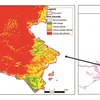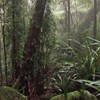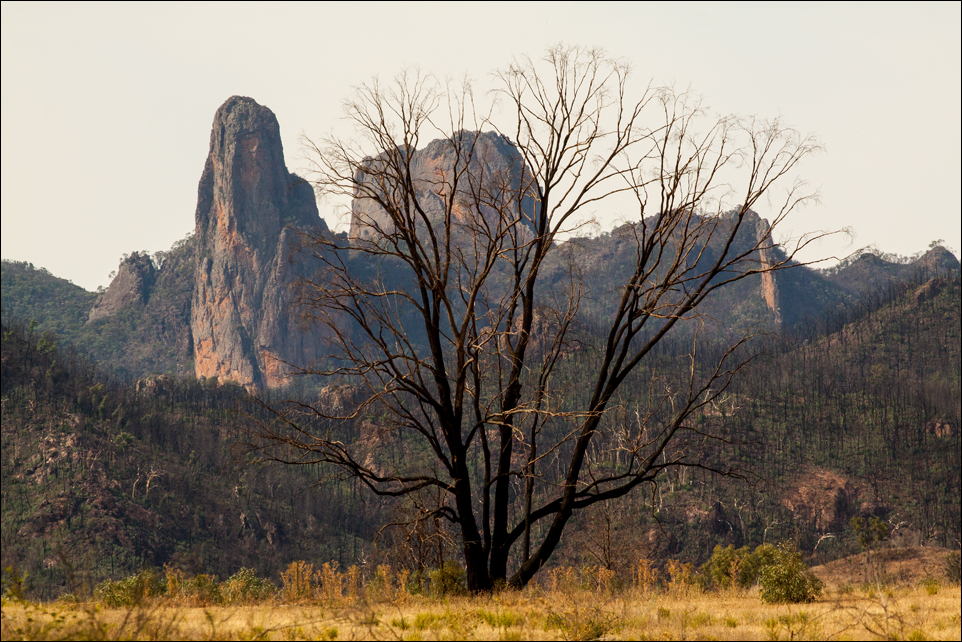
Threatened Species Recovery Hub statement on the fires
Tuesday, 14 January 2020The Threatened Species Recovery Hub of the National Environmental Science Program expresses our sympathy to everyone whose life has been impacted by these horrific fires, and acknowledges the heartbreak of families who have lost everything, including loved ones.
There has also been an outpouring of grief and concern by the public about the impact of these fires on wildlife and the Australian natural environment and cultural landscapes. The scale and intensity of these fires is without precedent in living memory, and will have a dramatic impact on the survival of many species, in some cases pushing back years of conservation efforts.
The losses include significant impacts on many species that have been the focus of research and conservation management by our hub and community.
We recognise that, sadly, the threat from wildfires is far from over, and we are grateful for the incredible work our firefighters and all disaster response and relief workers continue to do to limit the damage to property and our beautiful country.
We acknowledge the stressful, tireless and selfless work of wildlife carers, many of whom have lost their own properties. We recognise that many other people are also looking for ways to help animals left injured and homeless by the fires.
Since 2015, the Threatened Species Recovery Hub has been working with over 200 partners across the country to undertake practical science to support the recovery of Australia’s threatened species.
We recognise that there is now urgent need to help species and ecosystems recover from the losses caused by these fires.
We will continue to offer the expertise of our scientists to national, state and territory governments to support their efforts to help wildlife and to understand the impacts of fires on biodiversity. We will actively collaborate with all stakeholders to identify which species will most need our help in the months and years ahead, and to map priorities to best support surviving populations to recover.
It has been so heartening to witness the flood of offers and willingness of people from every walk of life who are eager to assist in the immense task of helping species and ecosystems through this catastrophe and hopefully toward recovery.
Professor Brendan Wintle, Director
Professor Martine Maron, Deputy Director
Professor John Woinarski, Deputy Director
Professor Stephen Garnett, Deputy Director
Professor David Lindenmayer, Deputy Director
Professor Sarah Legge, Deputy Director
On behalf of Threatened Species Recovery Hub researchers and partners
Many of the members of our research group are also part of other organisations that have also put out statements regarding the fires, some of which can be accessed below:
The International Union for the Conservation of Nature
The Australian Wildlife Conservancy
Top image: The Warrumbungles after fire (NSW). Image: Nicolas Rakotopare
Related News
-
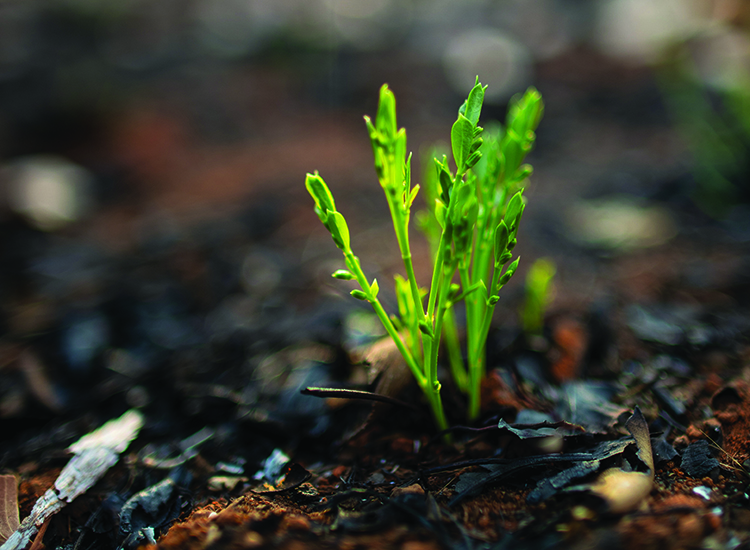
From the ashes: The 2019–20 wildfires and biodiversity loss and recovery
Monday, 31 August 2020 -
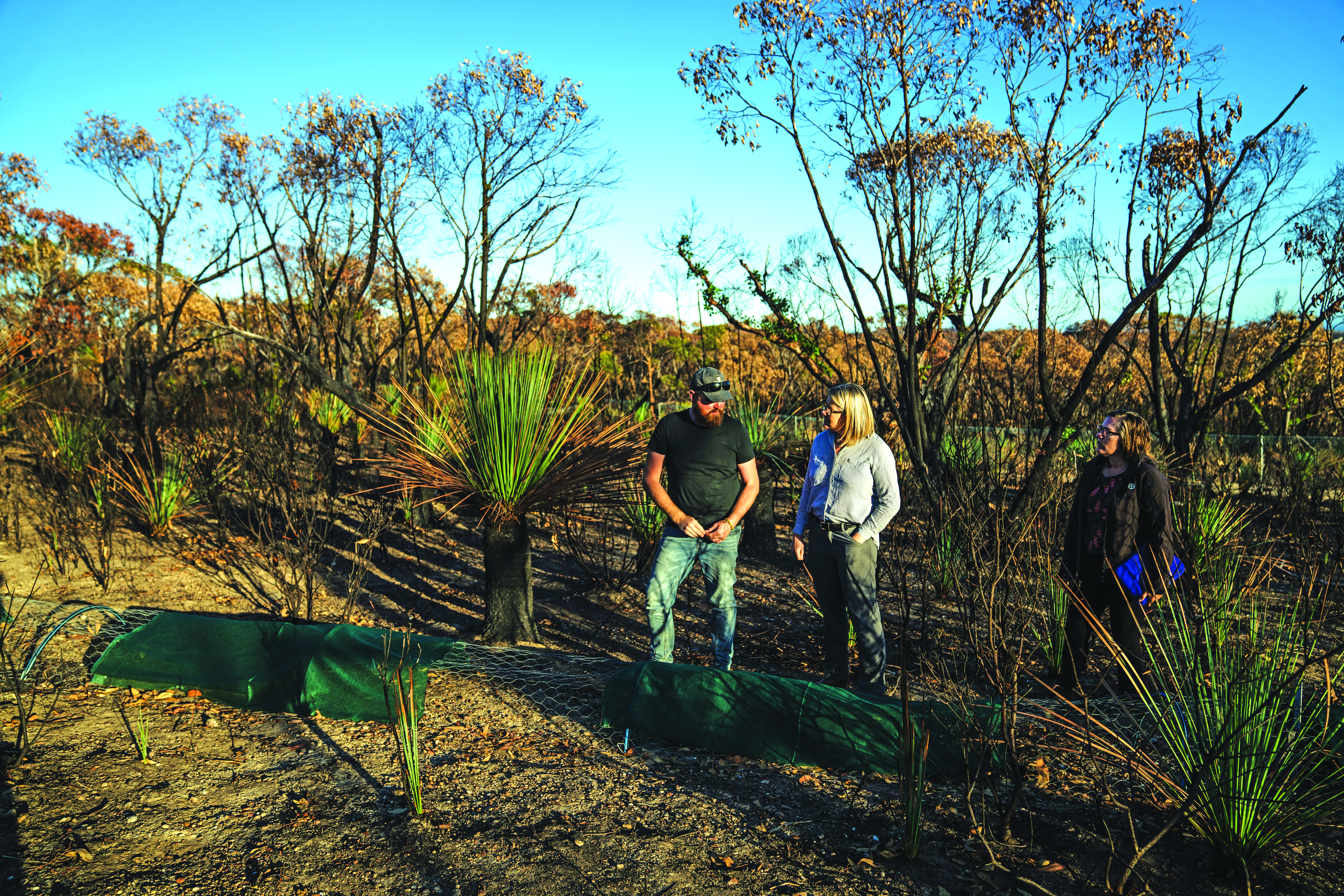
Rapid action to save species after the fires
Monday, 31 August 2020 -
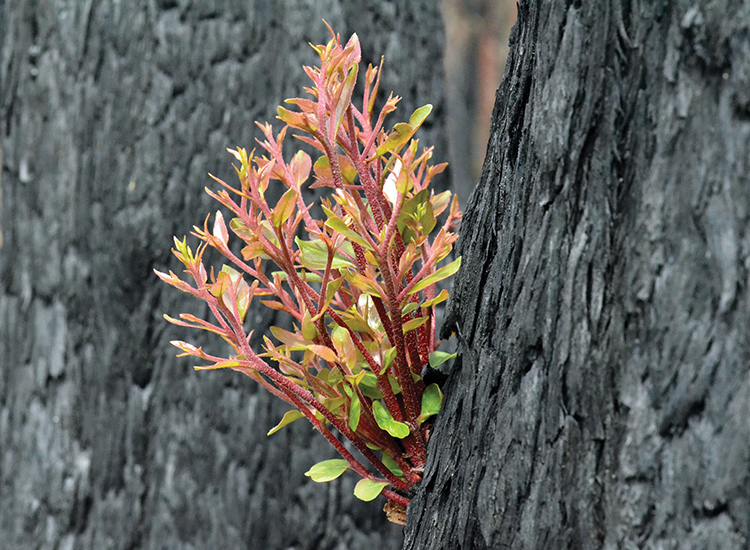
Plants in the ashes: Prioritising Australian flora after the fires
Monday, 31 August 2020 -
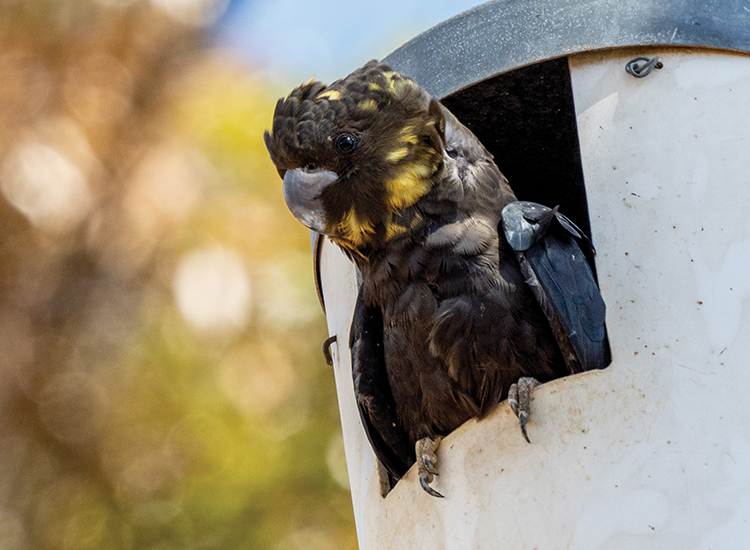
Prioritising action for animal species after the fires
Tuesday, 01 September 2020 -
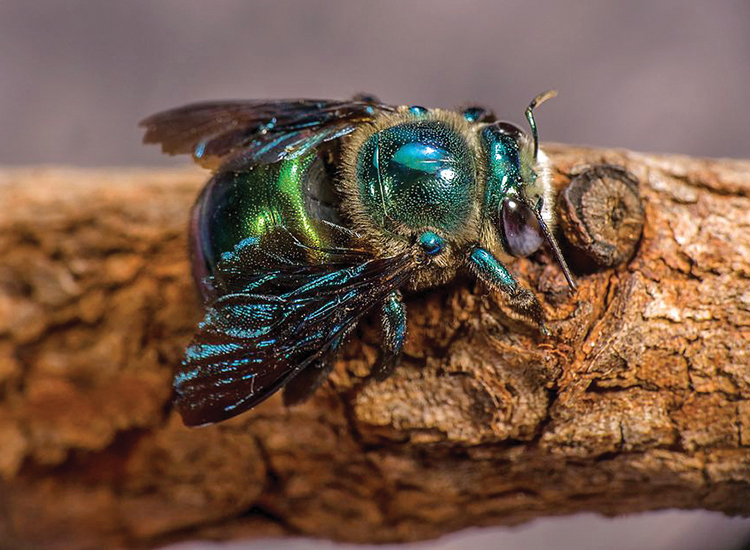
The little things count too: Prioritising recovery efforts for fire-affected invertebrates
Tuesday, 01 September 2020 -
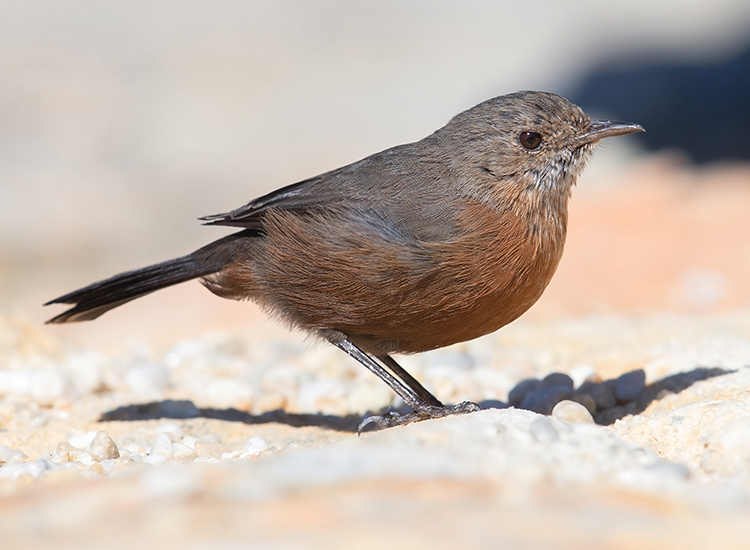
Protecting persistence: Listing species after the fires
Tuesday, 01 September 2020 -
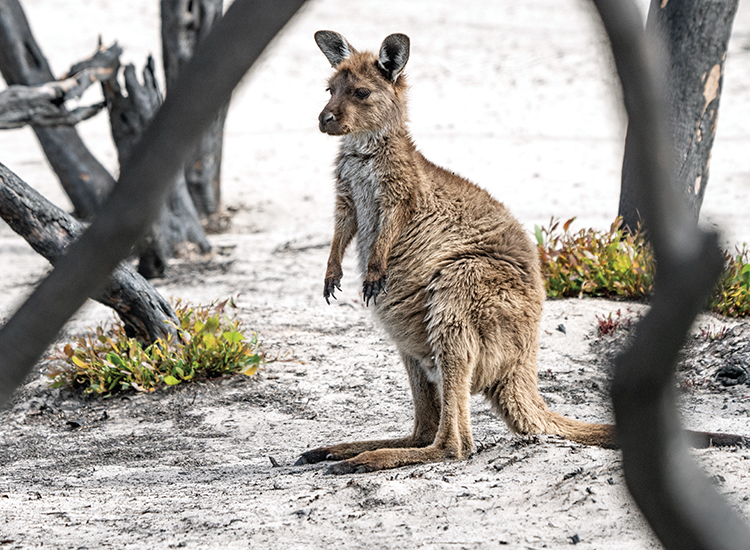
Fire and post-fire impacts on wildlife groups, and priority conservation responses
Wednesday, 02 September 2020 -
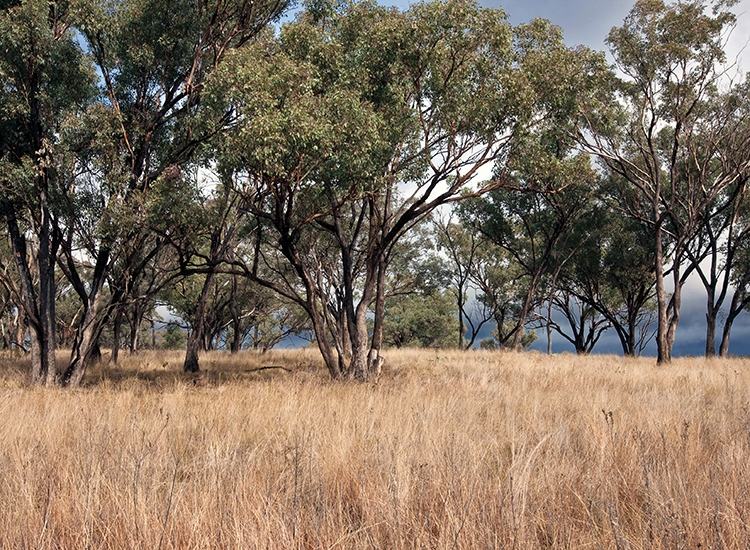
Post-fire recovery of Australia’s threatened woodlands: Avoiding uncharted trajectories
Wednesday, 02 September 2020 -
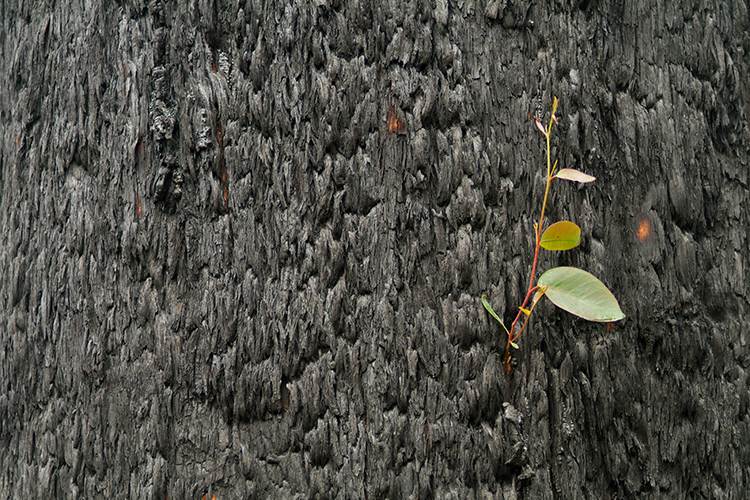
A conservation response to the 2019-20 wildfires
Tuesday, 21 January 2020 -
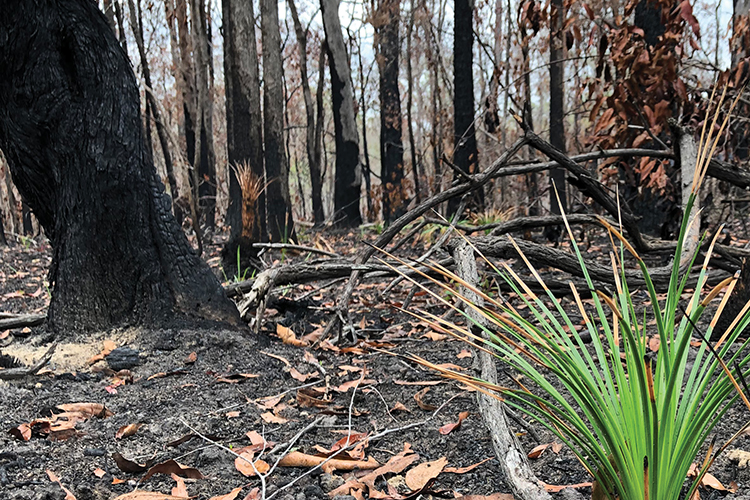
Considering cats and foxes after the bushfires: Fewer pests but more impact?
Monday, 16 March 2020 -
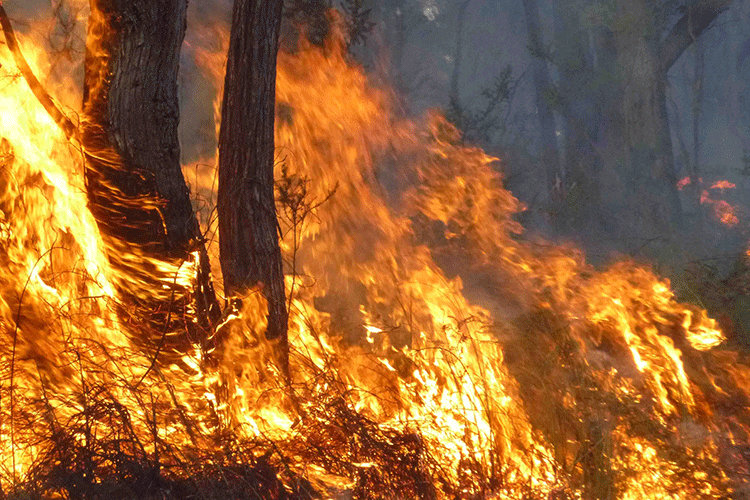
The fire, the fox and the feral cat
Tuesday, 06 June 2017 -
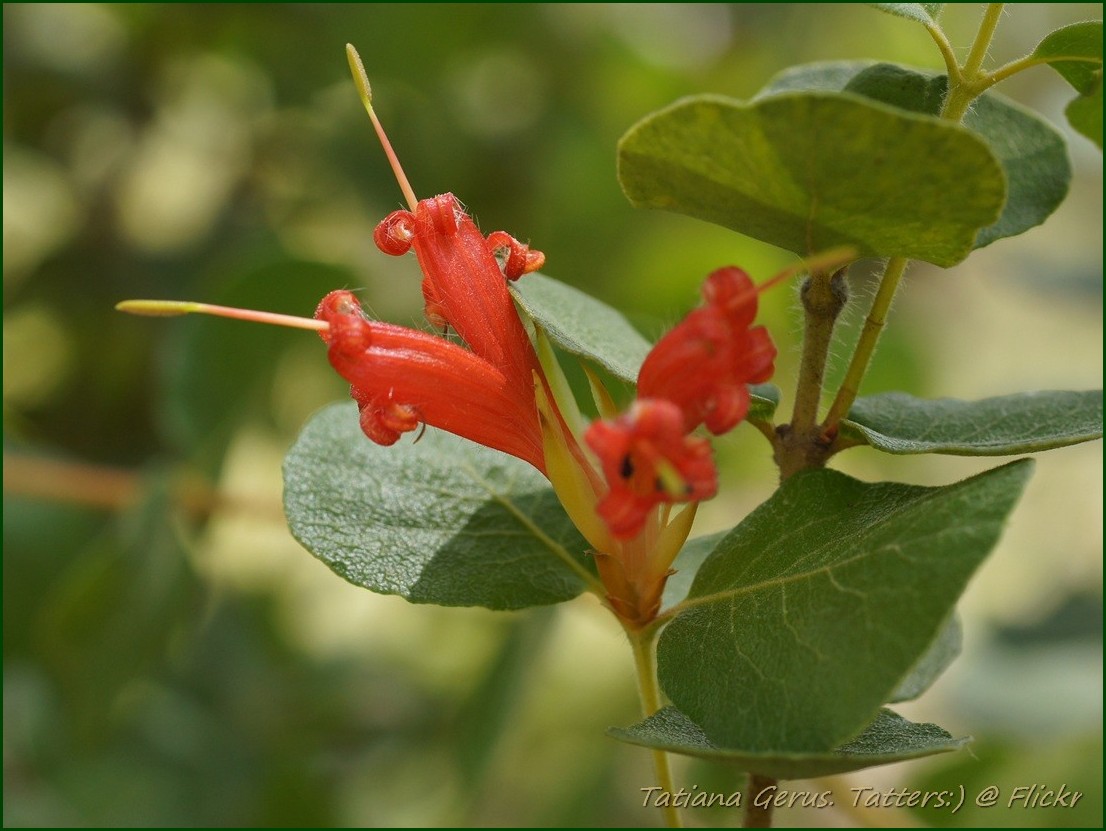
Sowing the seeds of success
Monday, 23 May 2016
